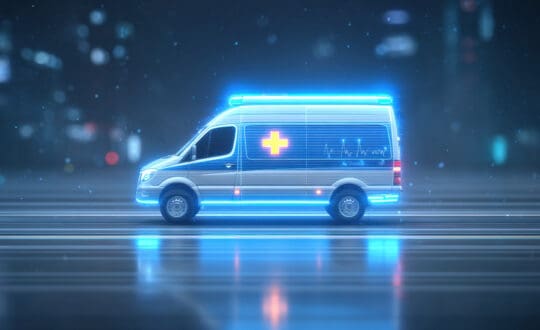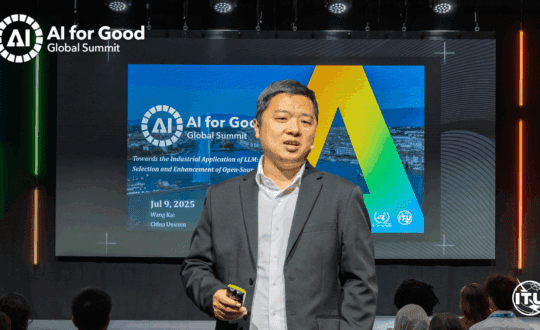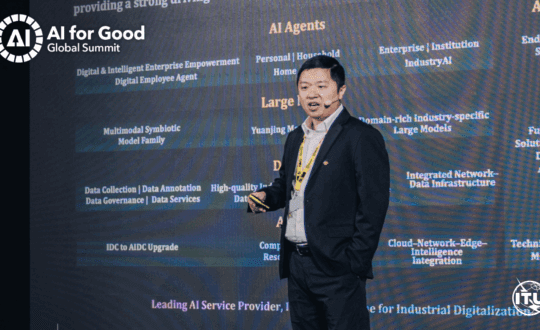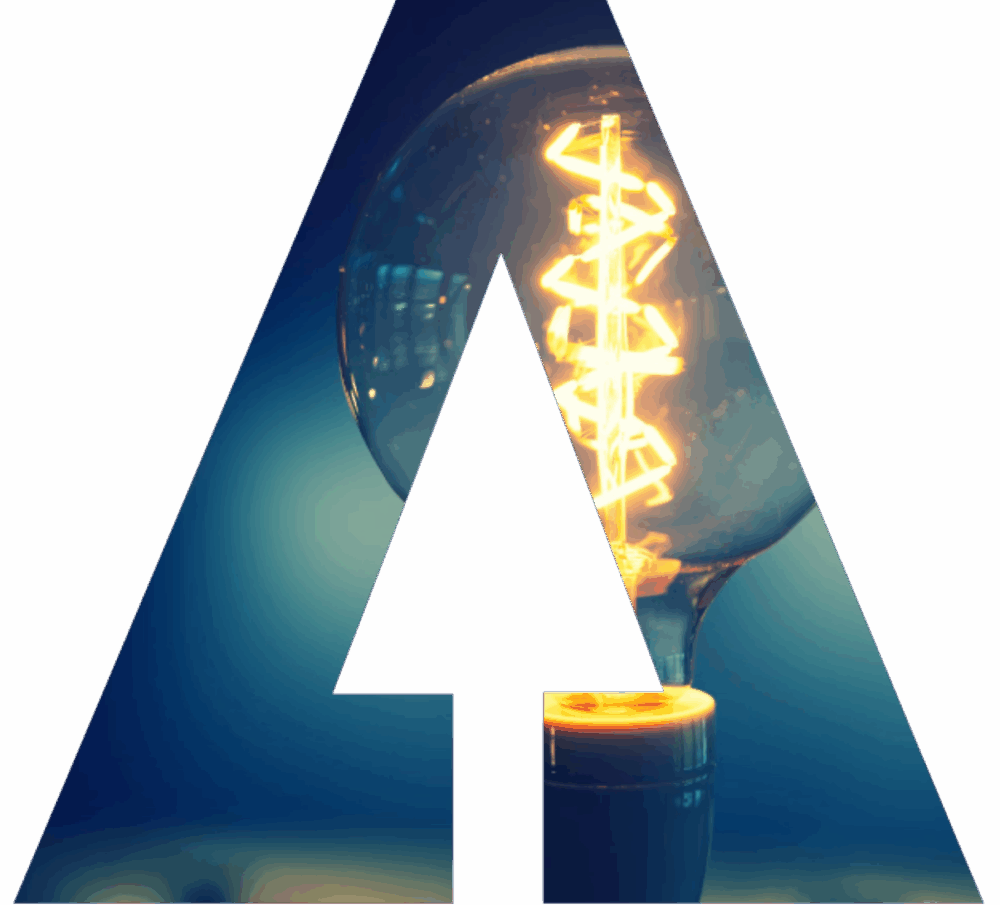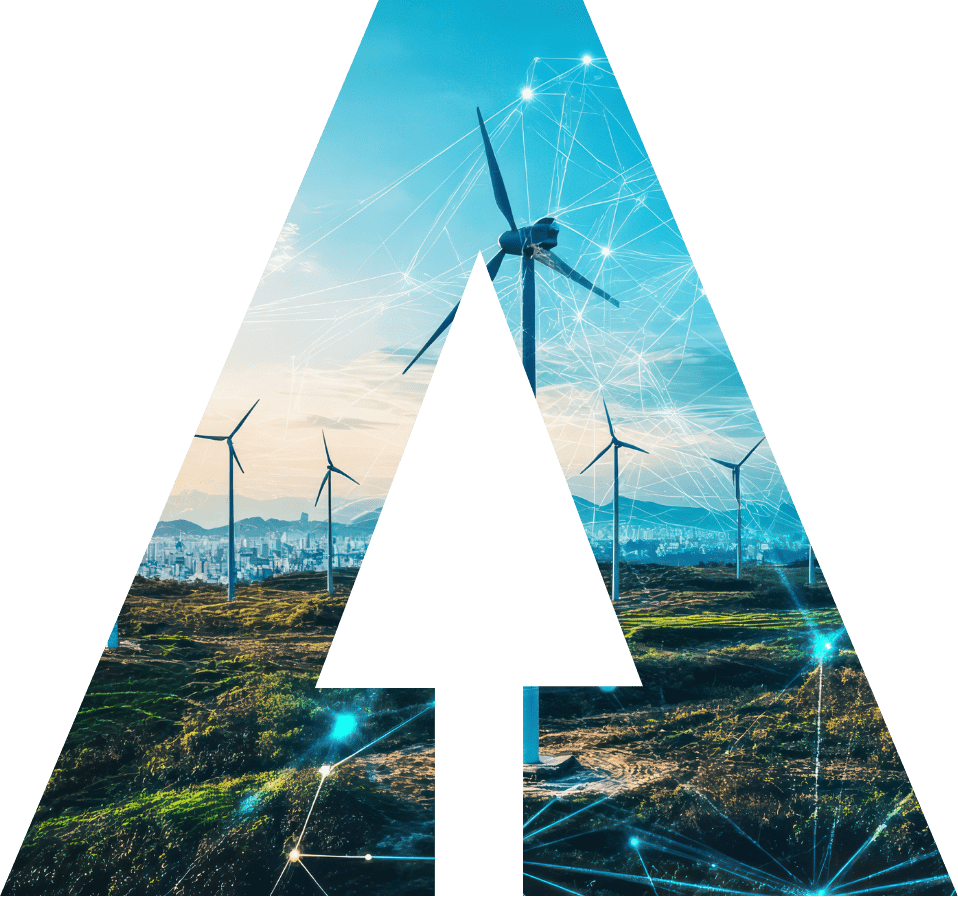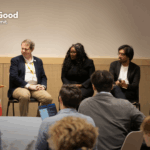The Robotics for Good Youth Challenge is a UN-based global competition that invites students from around the world to use robotics to solve real-world problems. With a strong focus on themes like disaster response, the challenge teaches young people technical skills while also building teamwork, problem-solving, and ethical innovation. For 2024–2025, teams were asked to design robots that could support rescue and relief efforts in emergency situations.
In Burkina Faso, two standout teams, one in the junior category and one in the senior category, have proven that age is no limit when it comes to innovation, collaboration, and humanitarian impact.
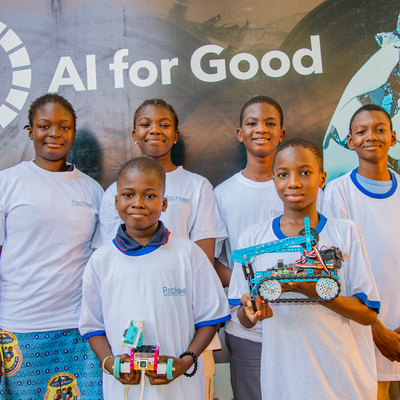
Junior Category: PSCHOOL_KIDS
Among the youngest participants in the entire challenge is PSCHOOL_KIDS, a team of children aged 8 to 12. Despite their age, they have shown remarkable maturity in their approach to robotics and emergency response. Their mission is grounded in empathy, using technology to identify, support, and rescue people in danger.
“The PSCHOOL_KIDS team is made up of promising young talents united by a shared passion for technology, creativity, and a desire to use AI for the common good,” the team shared.
Their robot uses artificial intelligence to scan its surroundings, identify red targets (severely injured) and green targets (distressed but unharmed), and transport them to the correct zone, either a hospital or a shelter. Using sensors and a Makeblock smart camera, the robot builds a real-time map and adjusts its path if new obstacles appear or targets move.
The robot is equipped with an ultrasonic sensor for distance and obstacle detection, a color sensor to distinguish target type, and a visual recognition system for dynamic pathfinding. It was built through multiple design iterations, improving from a simple frame to a more advanced version with a flexible arm and refined stability for accurate target handling.
“Our main challenge was adapting the robot to complex terrain and maintaining a firm grip on the targets,” the team explained.
The programming integrates C++ (via Arduino) for hardware control and Python for high-level decision-making. Their strategy prioritizes red targets first, based on urgency, before moving to assist green targets. Testing helped refine timing and reduce errors.
“Yes, our project uses artificial intelligence to make the robot more autonomous, smarter, and more responsive,” they said.
Their robot does more than move objects; it reflects a commitment to using AI ethically and with care for the most vulnerable.
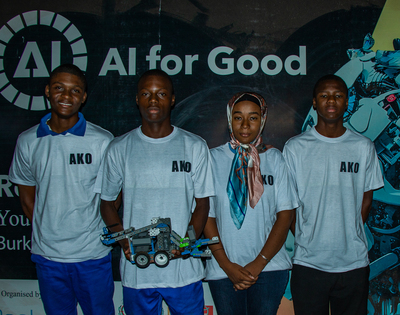
Senior Category: AKO
In the senior category, Team AKO represents Burkina Faso with a project that combines technical depth and social impact. The team, made up of students aged 15 to 18, designed a robot to perform emergency rescue tasks in disaster zones, such as after an earthquake or flood.
“The AKO group is a dynamic team of young innovators aged 15 to 18, united by their shared passion for robotics, artificial intelligence, and social impact,” the team said.
Their robot uses infrared and ultrasound sensors, a camera, and artificial intelligence to distinguish between red and green blocks, transport them to safety, and avoid obstacles using real-time path planning. Red blocks, representing injured individuals, are moved to a simulated hospital; green blocks, representing distressed survivors, are taken to shelter.
Key features include a modular frame, adjustable grippers, and terrain-ready wheels. The robot detects upright blocks to gain bonus points, and it prioritizes red blocks retrieved from building interiors, which earn double. While it cannot yet lift fallen blocks, the team is already planning future improvements.
The software combines C++ and Python. C++ handles motor and sensor control via Arduino, while Python supports AI-based vision and navigation. The system uses a closed-loop controller that adjusts the robot’s movements in real time to maintain accuracy.
“Our strategy was effective in the basics but average in overall performance,” the team said. They achieved consistent scores between 80 and 100 but aim to reach 120 by optimizing green block placement and reducing regrouping delays.
Beyond the game, AKO’s project addresses global challenges such as disaster response, humanitarian logistics, education, and international collaboration. By developing open-source solutions and promoting STEM education, they aim to inspire others to use technology with empathy and purpose.
As they put it: “In technological progress, let us never forget: it is the human who enlightens the machine, not the other way around.”
Looking Ahead
Next stop: Geneva! As Burkina Faso’s national representatives in the Robotics for Good Youth Challenge, PSCHOOL_KIDS (Junior Category) and Team AKO (Senior Category) will present their innovations at the AI for Good Global Summit, taking place from 8 to 11 July 2025 in Switzerland. There, they will stand alongside peers from across the world in the grand finale of the competition.
To follow their journey or join the 2025 Summit, visit: https://aiforgood.itu.int/summit25



